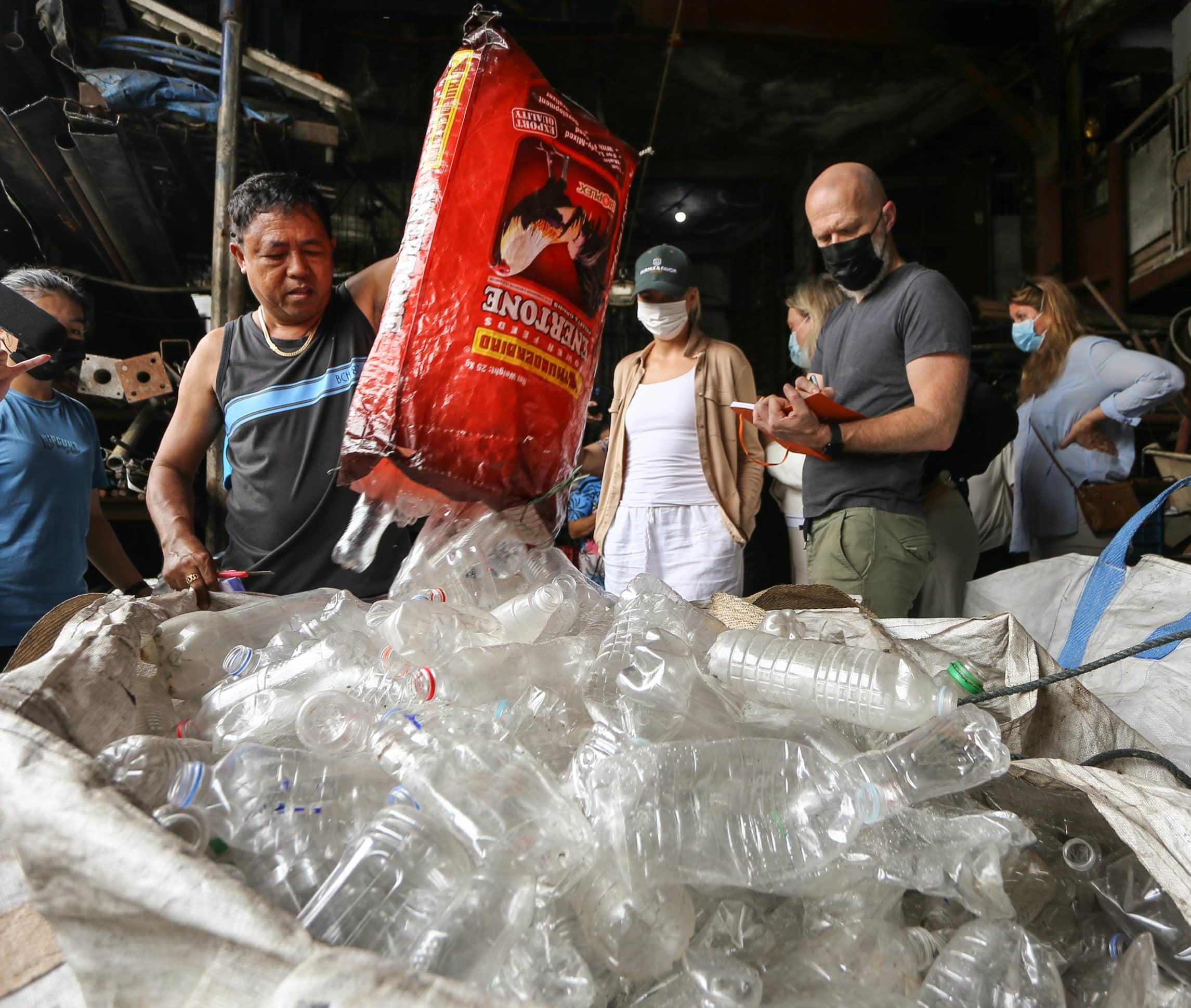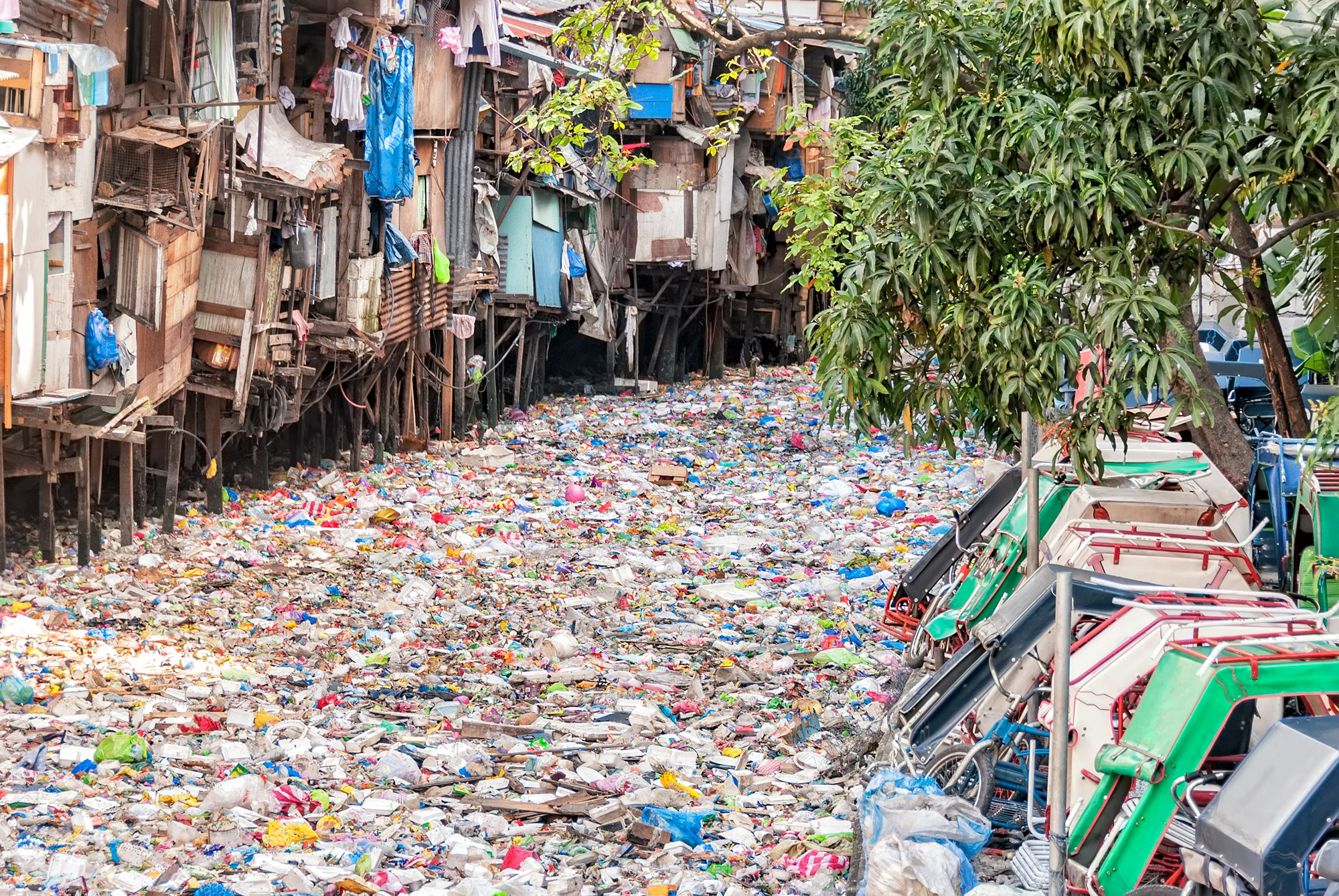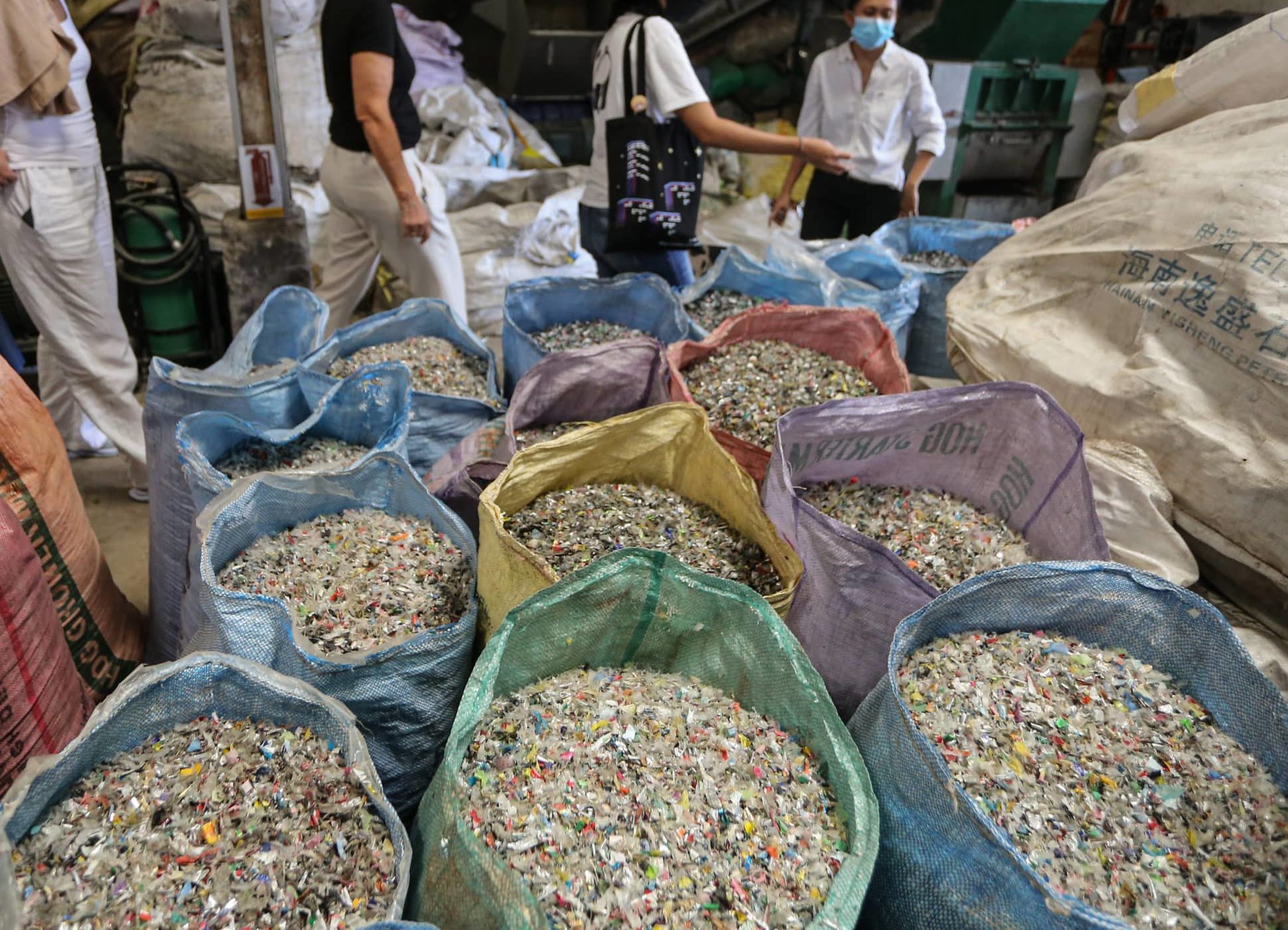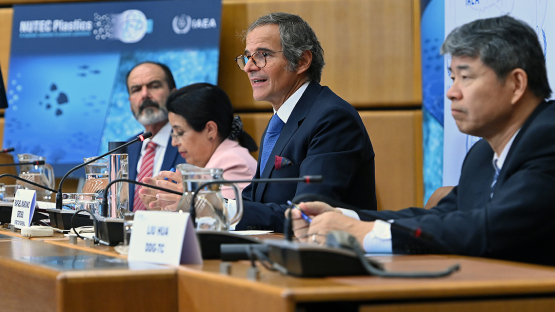To define strategic measures, Deloitte has, on behalf of WWF, written the report ‘Targeting the challenge of plastic pollution in ports and maritime companies in the Philippines – Screening of examples of solutions to tackle plastic waste in ports and maritime companies. The report has the following recommendations:
- In the short term, the report recommends solutions related to education and awareness programs, as well as the collection of plastic waste by local communities and automatic devices.
- In the medium term, the solutions that are proposed focus on improving the collection and separation of plastic waste, as well as the monitoring of these.
- And in the long term, some of the solutions are a ban on single-use plastic items and the development of partnerships between public and private institutions to ensure that waste is handled and recycled properly.




